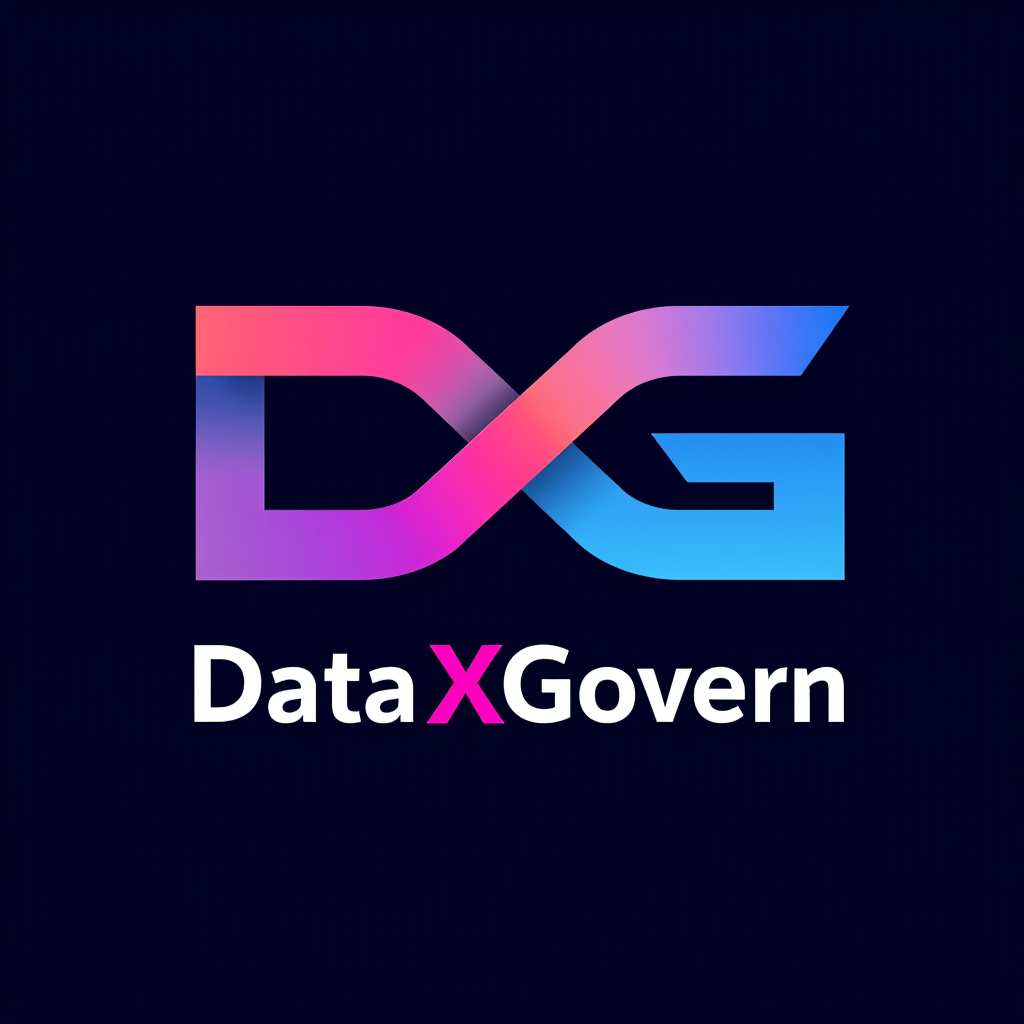Solving Data Integration Challenges in Healthcare SMEs with Atlan
Customer Background and Problem Scope: A mid-sized healthcare network managing multiple clinics and diagnostic centers faced critical challenges in managing and integrating patient data across their decentralized systems. Each clinic maintained separate databases for electronic health records (EHR), billing, and patient feedback, leading to inconsistent and siloed data.
The primary challenge was data fragmentation and inconsistency across the network, making it difficult to:
- Access unified patient records for accurate diagnostics.
- Ensure regulatory compliance with HIPAA.
- Generate insights for improving patient care and operational efficiency.
Additionally, the data governance practices were minimal, leading to unclear data ownership and inconsistent data standards across the organization.
Business Issue: The decentralized data systems were causing:
- Delayed Decision-Making: Lack of a unified data view led to delays in generating patient care insights.
- Compliance Risks: HIPAA non-compliance due to unclear data policies and traceability.
- Operational Inefficiencies: Data silos made it difficult for teams to collaborate on shared patient data.
The organization needed a comprehensive solution to streamline data integration and governance while ensuring data security and compliance.
The Solution: Implementing Atlan for Data Governance and Integration Their data challenges can be addressed by focusing on the following components:
- Centralized Data Catalog:
- Atlan’s data catalog unified data from various clinics, EHR systems, billing software, and patient feedback tools into a single source of truth.
- Each data asset was tagged with metadata, ensuring easy searchability and access control.
- Automated Data Lineage:
- Atlan’s data lineage tools tracked data flow from the point of data entry (clinics) through transformation (EHR and billing) to reporting (BI dashboards).
- This provided complete visibility into data movement, ensuring compliance and traceability.
- Data Quality and Governance Framework:
- A governance framework was established using Atlan’s features, assigning data stewards for patient data, billing, and compliance datasets.
- Automated data quality checks were set up, flagging incomplete or inaccurate records and preventing their use in reports.
- Collaboration and Access Management:
- Role-based access control (RBAC) was configured to restrict sensitive patient data access to authorized personnel only.
- Collaborative workspaces allowed data teams to share insights securely, fostering cross-departmental collaboration.
Impact and Results: The implementation of Atlan led to significant improvements across the healthcare network’s data management landscape:
- Improved Data Accuracy: Data accuracy improved by 30%, reducing errors in patient diagnostics and billing.
- Compliance Assurance: HIPAA compliance was strengthened through automated data lineage and access control.
- Operational Efficiency: Data integration reduced reporting turnaround time by 40%, enabling faster decision-making.
- Data Democratization: With a centralized catalog, multiple teams could access and utilize data without duplications.
Why Atlan was the Right Fit:
- Scalability: Able to integrate with both on-premise EHR systems and cloud-based analytics platforms.
- Ease of Use: No-code automation simplified governance setup and ongoing maintenance.
- Holistic Governance: From data discovery to quality management, Atlan provided a comprehensive suite for data governance ensuring tailored implementation and adoption.
By leveraging Atlan, healthcare organizations can transform fragmented data environments into well-governed, compliant, and collaborative ecosystems. Together, DataXGovern and Atlan can empower healthcare SMEs to solve complex data integration challenges, ensuring regulatory compliance, enhancing data accuracy, and improving patient care outcomes.

